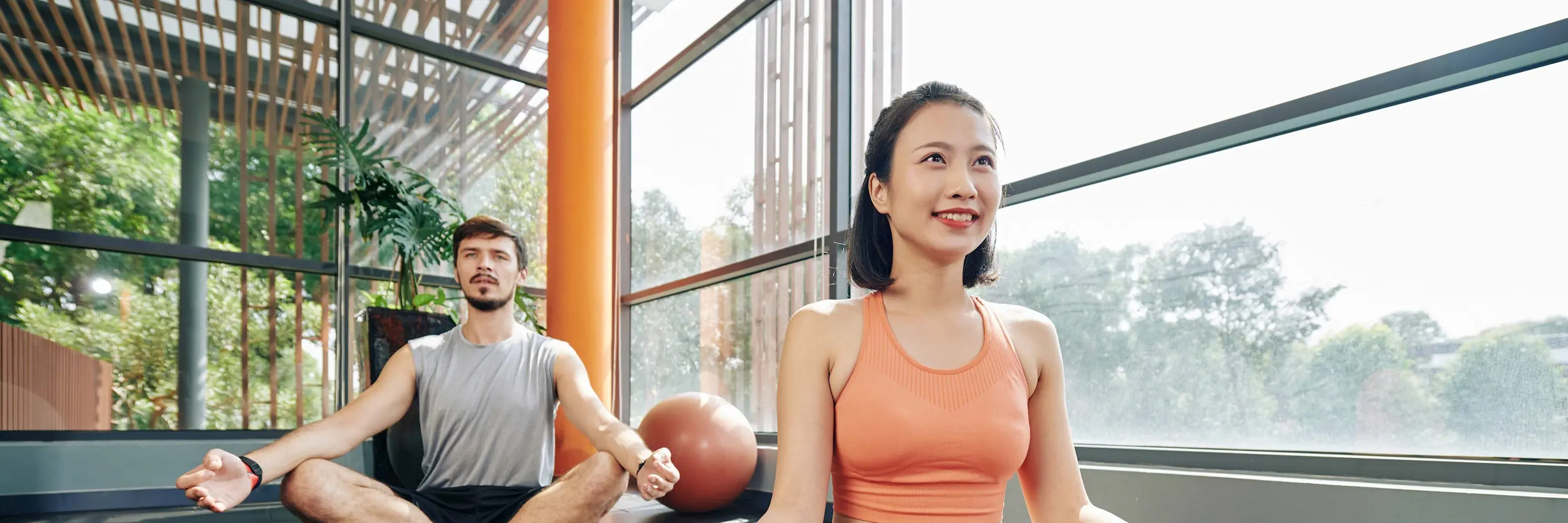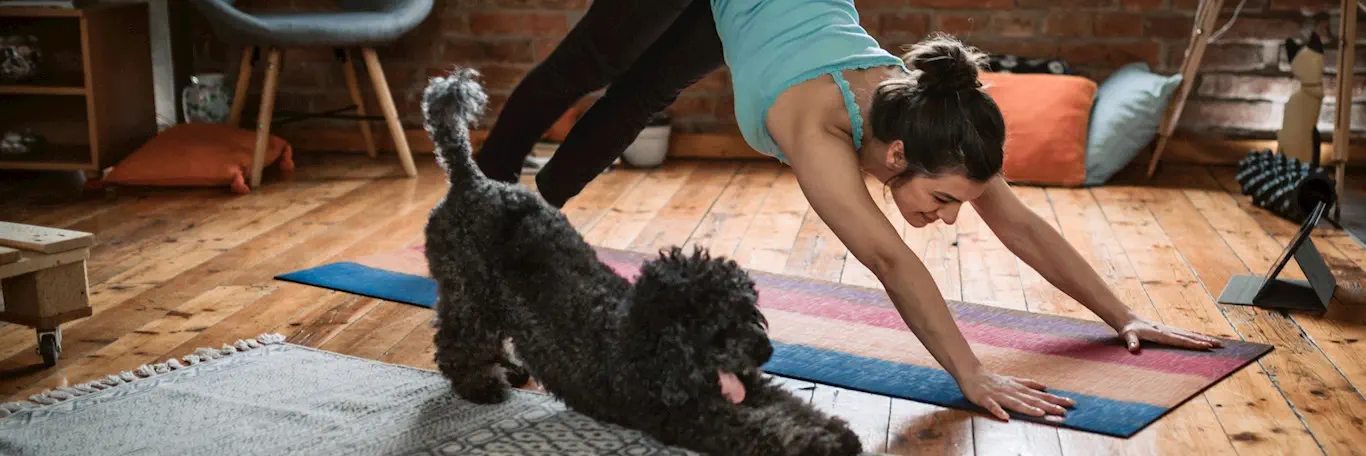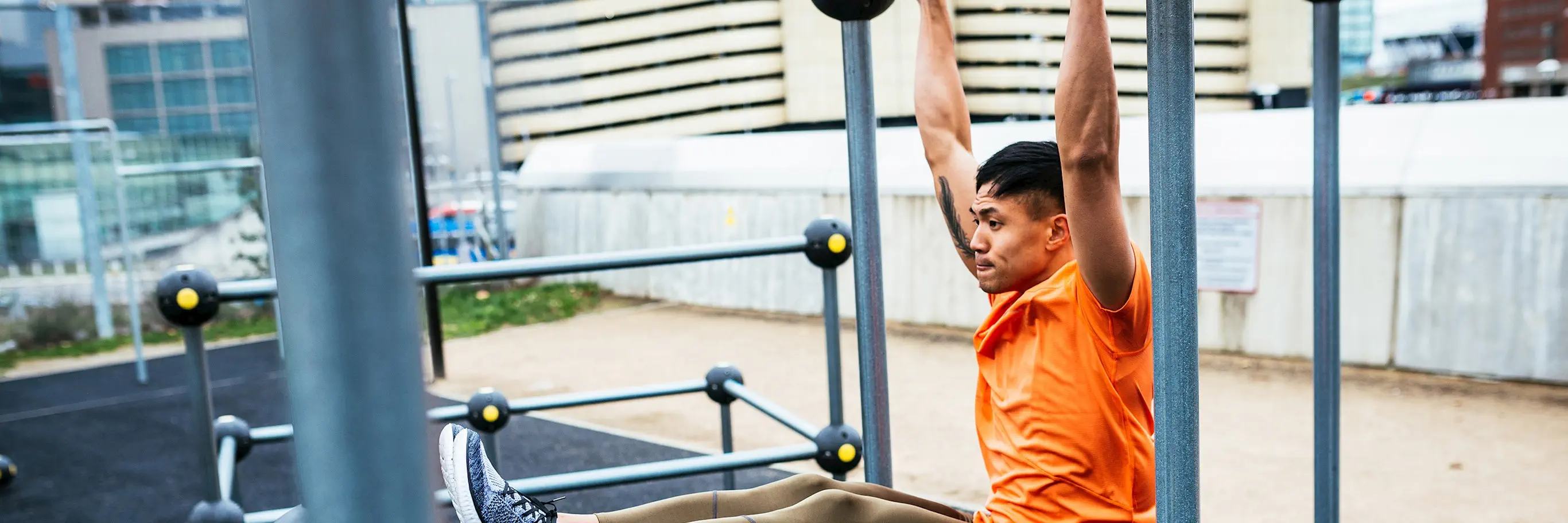
6 Practices of holistically healthy people
If you could lead a healthy lifestyle by doing certain things regularly, would you do so? Below are five of the best practices of truly healthy people. Try them and see what they could do for your holistic health.
Ayurveda, which loosely means “life knowledge,” is one of the world’s oldest holistic healing systems, developed over 3,000 years ago in India. Today, as the world understands the meaning of holistic health, the concept is gaining new relevance.
Certified Ayurveda health practitioner and yoga instructor Ananta Ripa Ajmera says that a balance between mind, body, and spirit is the basis of ayurvedic healing. The same is true with our total wellbeing, which is the confluence of four pillars—physical, emotional and mental, financial, and social.
Check out these six best practices discovered by ancient ayurvedic sages that balanced and healthy people use to achieve total wellbeing
1. Live in the now.
Most of your stress comes from worrying too much about the future and being hard on yourself for past mistakes. Firstly, you can't travel back in time and make things right. Practice how to get rid of self-induced stress. Ajmera suggests that you should learn when to pause and close your eyes for a moment when you notice your mind doing a rewind to the past or a time travel to the future. Learn to ask yourself, “What is happening right now? What can I do right now to live in the moment?” Doing this connects you to your power that exists in the here and now.
One thing that can help you stop worrying about the future? Get a proper health plan that will make you feel confident about enjoying the present because, financially, you’re covered. FWD has three options to choose from: Set for Health, KanMend, and Health Bundle. Either can help you achieve the joy of wellbeing that you deserve. Want to start financially planning your health? Let’s do a financial checkup !
2. Learn to forgive.
When you nurture negative emotions towards other people, then you are the only one who suffers. Holding on to past wounds is toxic. And while you can’t change what has already happened, you can certainly change how you respond to challenges that may have made you lash out in the past.
Learning to be conscious of how you react to challenging situations is the key to freedom and health. Ajmera shares that you must learn to feel your emotions to be able to forgive. Learn to ask yourself, “Who am I angry with? What are the wounds that I am holding on to?” These are the first brave steps in learning forgiveness.
3. Let nature be your teacher.
Have you noticed how your mood instantly lifts when you get a breath of fresh air? That is nature acting as the ultimate healer. One of the Ayurvedic practices is to learn to be in harmony with nature. Nature teaches you that torrents of rain may pour, but the sun eventually rises. In observing nature, you notice that, just like in your life, things come and go. And to be truly healthy is to be as accepting and supple as the wind.
4. Listen to your instincts.
You are all born with an inner voice, but years of noise, from outside and within, can sometimes drown it out. Make it a practice to take some time to just . Ajmera advises that you learn to tune in to your inner voice or your instincts. Listening to it will give you clarity about the issues in your life that may be blocking you. Learning self-awareness is a huge step to making a healthy change.
5. Free yourself from shame.
Ajmera defines the clear lines between shame and guilt. Shame, she says, is feeling bad, broken, or unworthy. On the other hand, guilt is feeling remorse for something you have done. Guilt can be a constructive emotion, making you take steps toward changes in behavior. Shame makes you feel stuck while guilt can motivate you. Make it a practice to know the difference so that you can detect your feelings of shame. Then you can channel these feelings into more positive and healthier ones that will make you more and more empowered each day.
6. Have a regular exercise routine.
Exercise does not only help us strengthen our bodies but it also helps us deal with stress. Endorphins released every time we exercise relieve stress and pain and actually boost pleasure. It gives us that feeling of happiness and wellbeing.
You see? You don’t need a grand plan or spend a lot to be truly healthy. Total wellbeing can be achieved by just making simple changes or additions to your daily routine. To know more about how you can live the joy of wellbeing, talk to us!






